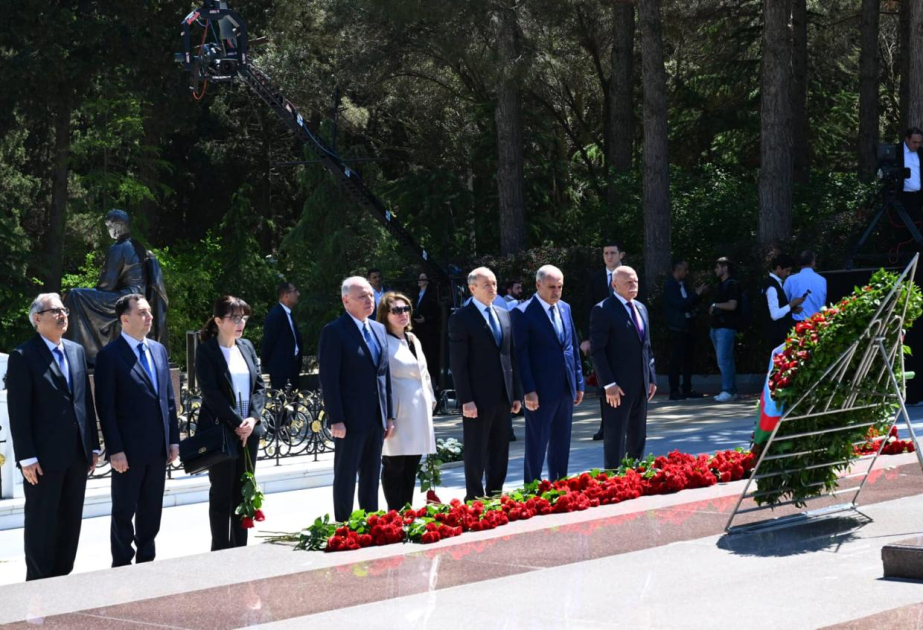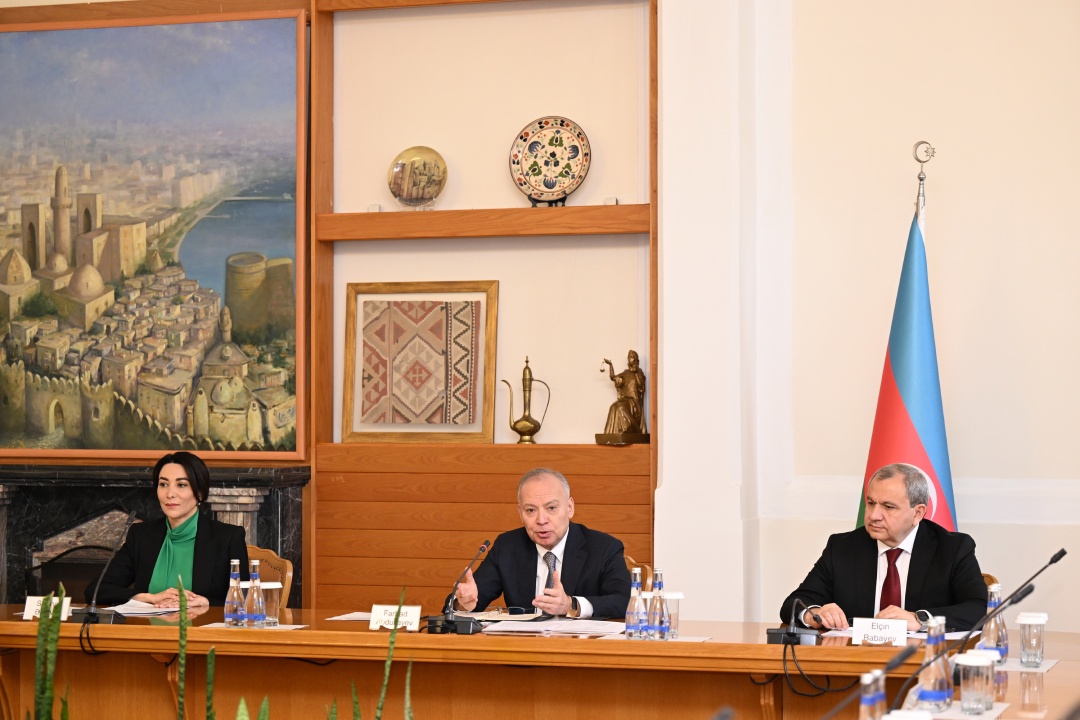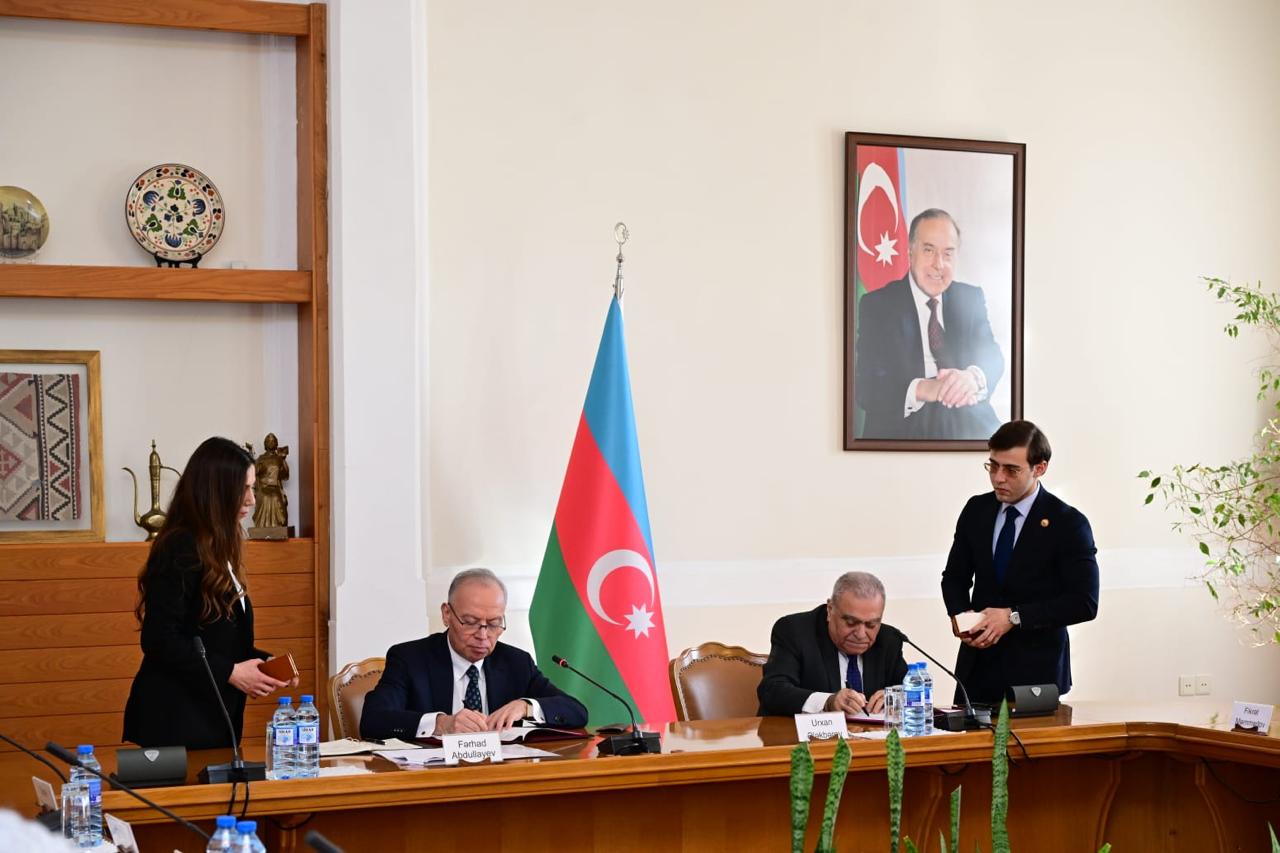24.07.2023
Plenum
of the Constitutional Court of the Republic of Azerbaijan, chaired by Farhad
Abdullayev, held a regular session.
At the court session was examined the constitutional
case based on the application of the Baku Court of Appeal, on interpretation of
Articles 2.3 and 882 of the Civil Code, Part 3 of Article 2 of the Labor Code
in connection with Article 203 of that Code.
Having heard the report of Judge H.Afandiyeva, studied and
discussed report of interested party – Baku Court of Appeal and the Administrative
Office of the Milli Majlis (Parliament); conclusions of specialists – Supreme Court,
Bar Association, Center for Legal Expertise and Legislative Initiatives;
opinion of experts – Professor of the Department of Civil Law, Faculty of Law,
Baku State University, Doctor of Law M. Demirchiyeva and Head of the Department
of Labor and Environmental Law, Professor, Doctor of Law A. Gasimov, the Plenum of
Constitutional Court of the Republic of Azerbaijan adopted decision.
The decision states that in accordance with the
requirements of Part 3 of Article 2, Article 199 of the Labor Code of the
Republic of Azerbaijan and Article 2.3 of the Civil Code of the Republic of
Azerbaijan, the conclusion of a civil legal agreement on the damage caused by
the employee to the employer, including an abstract agreement on acknowledgment
of debt, is excluded.
According to Article 194 of the Labor Code of the
Republic of Azerbaijan, since the termination of the employment relationship
after the damage has been caused does not relieve the guilty party from
financial responsibility, the employer can file a claim for the compensation of
the damage in accordance with Article 203 and Part 2 of Article 205 of that
Code.
The decision comes
into force from the date of its publication, is final, and may not be
cancelled, changed or officially interpreted by any institution or official.


















